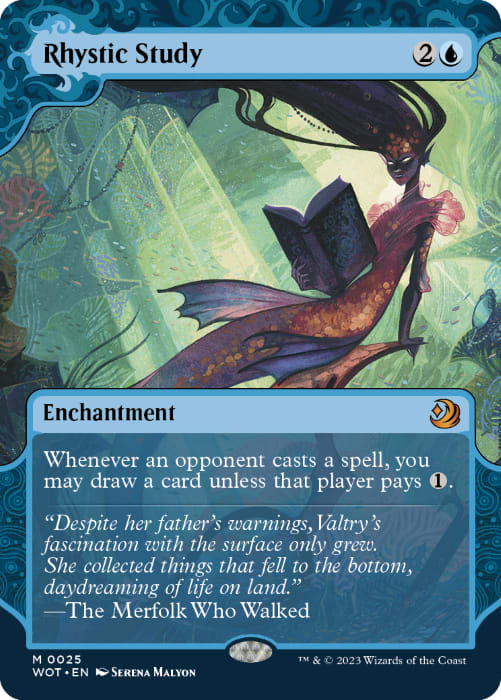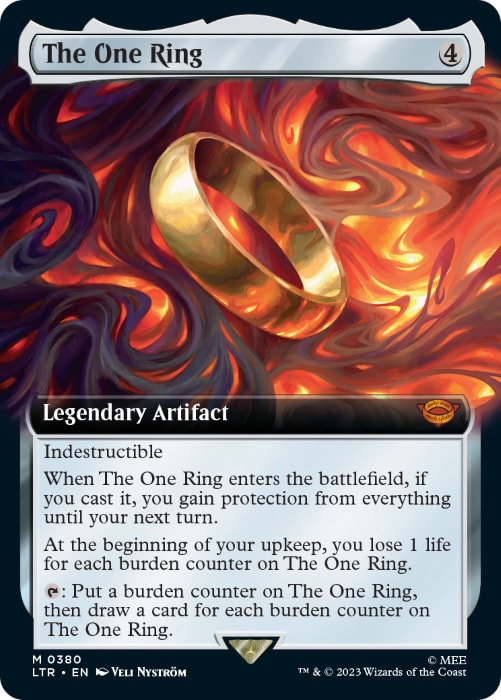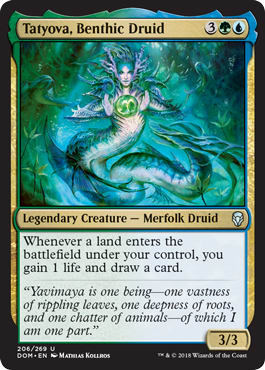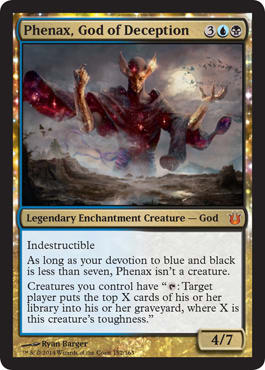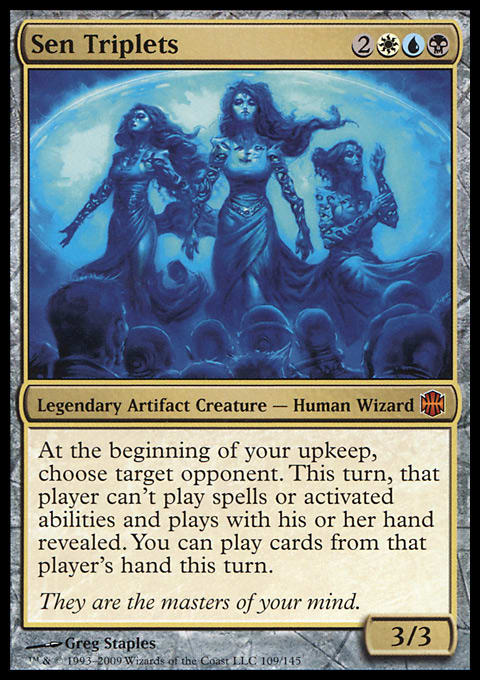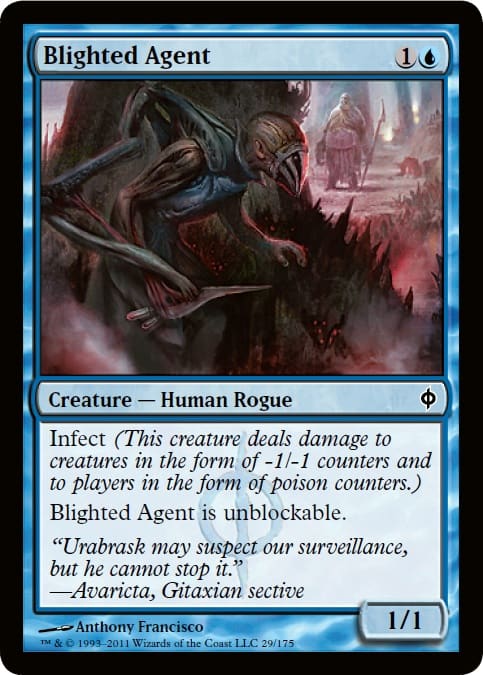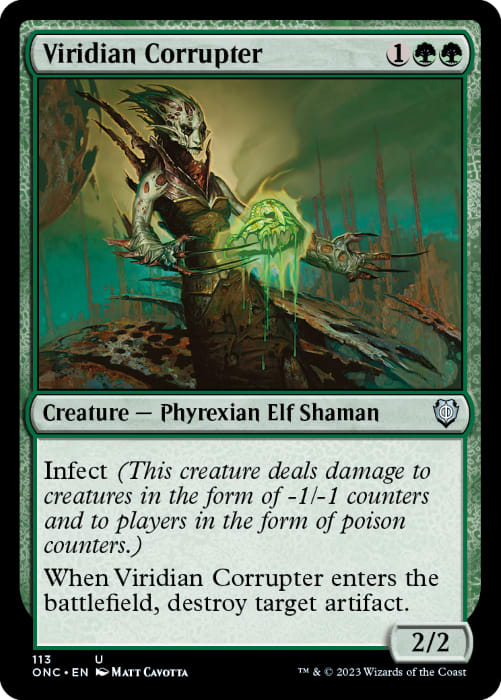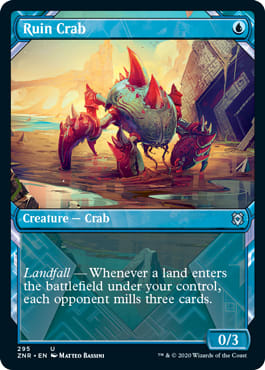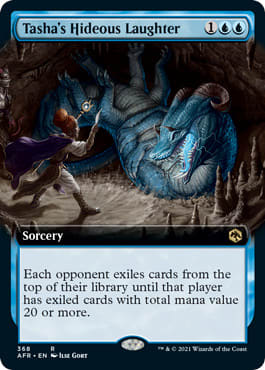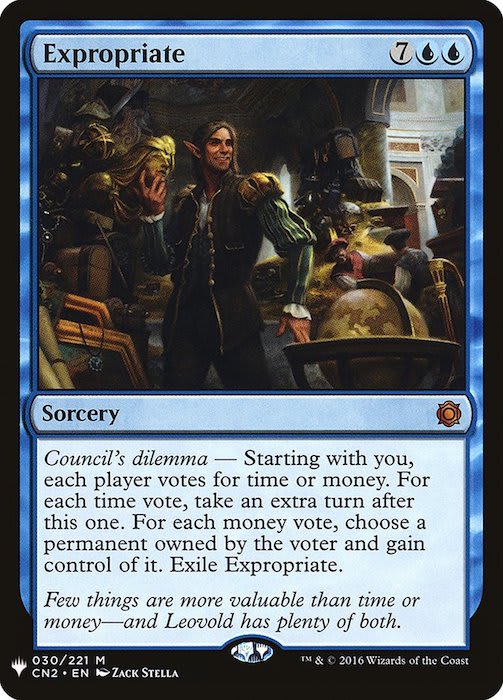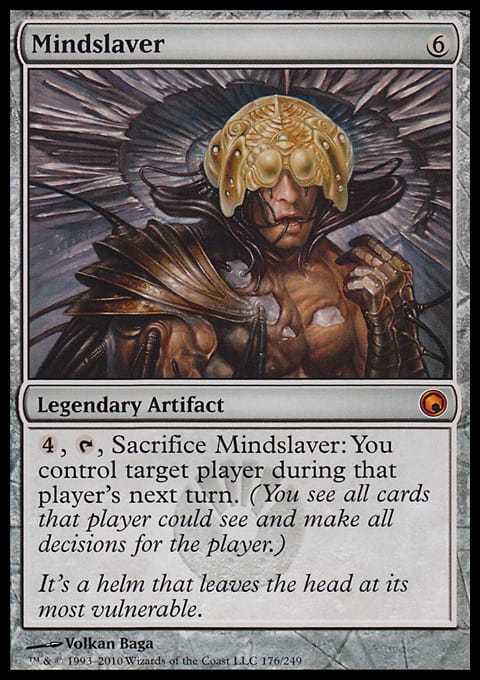Imagine the following scenario, one we've all been in at one point or another.
You're stuck on the morning commute. Of the three lanes of traffic, the yours feels especially frozen, with cars barely inching along. Glance to the left, and the other lane appears less congested. Cars within are still slow, but are making more progress than you are. So you cross your fingers and throw on the turn signal. Most drivers in the desired lane don't so much as glance at you, much less slow down to let you in. It's irritating, but the moment your patience hits breaking point, some kind soul lets you in. You've made it. You're now in the faster lane. But before you can breathe a sigh of relief, your new lane grinds to a halt. At the same time, traffic in your previous lane dissipates, letting the cars within fly past you.

Getaway Car by Donato Giancola
The rush hour blues
We've all been there, and despite all logic suggesting otherwise, taken that moment personal it some point. Perhaps from a lack of coffee, or maybe we're running late to a meeting, but irritation gives way to anger. The universe clearly has it out for us. To have one lane shift so suddenly from concrete to quicksilver only after we've left it? Gotta be cosmic. We ticked off some higher power or are tightrope-walking a string of bad luck.
Look at the scene objectively, and we know this isn't true. We've no control over traffic, nor is our situation some kind of celestial punishment. But in that moment, we're seething. We can look to any number of alternate routes in an attempt to alleviate the occasional traffic jam, but we can't account for everything.
Magic the Gathering is a game of mitigating variance to the greatest extent possible. It's not enough to draw all the cards, but you've got to draw them in the correct sequence. How many times in Commander have you gambled on a hand with an amazing 3-to-4-to-5 mana string, but only two lands? One more land, and that Rhystic Study will to lead to The One Ring, which'll provide ample fuel for Tatyova, Benthic Druid to run with. Do all the mental-math to determine the odds of picking up that key third mana, lest you run the risk of falling behind, but sometimes, no matter the statistical probability, you simply won't draw it. No matter how much effort put into the perfect curve, variance will rear its ugly head.
And much like traffic, it's gonna tick you off.
2 lands in hand. Do you keep?
Problem is, if you carry that frustration into the rest of the game, it'll continue to do damage even when that third land arrives. And the worst part? Often, we won't even realize as it bites away at our subconscious. Thus, it's important to take a step back and identify psychological traps. Especially if we can do so before they happen, so that when they do, we're ready for them.
Let's explore some subliminal Commander pitfalls.
I'll note from the get-go that I'm not the first, and certainly won't be the last, to venture down this path. Some of the most powerful effects in the game, while not banned in Commander, are seldom touched due to their emotional impact. Want to piss off an entire table? Drop a few mana rocks, then Armageddon. Check out Jason Alt's†article on heat scale for a deeper look at these sort of effects and their perceived threat-level. On the other side of the coin, plenty of other cards that aren't format all-stars still put in plenty of work, as illustrated in Abe Sargent's article on the Power of Treasure Trove.
The current state of Commander can feel like an arms race, with more cards suggesting nigh auto-include due to power level. To some, the idea of cutting Sol Ring or Rhystic Study is ridiculous. If the goal is to win, why deny yourself powerful effects? To others, these sort of cards have become so ubiquitous, they border on stale. Opinions span the entire spectrum, which makes sense. Everyone plays the game for different reasons. But oh boy, does the discourse-engine fire on all cylinders when this topic comes up online.
There's no objectively correct answer, because there's no objectively correct way to play Commander, save for respecting all players. Some of the following topics might not bother you at all, which is completely fine. Some of these will be most important for newer players to the Commander format. But even if you've been slinging cardboard for years, remember that reading about traffic is a whole different experience than sitting in it. How tense/relaxed/anywhere-in-between you are at the Commander table will differ with the day.
Oftentimes, these sorts of situations can affect you whilst you're not even aware.

Malevolent Whispers by Greg Staples
I've been guilty of all of these. More than once.
The First-Blood Vendetta: Sakura-Tribe Elder has never been known for his combat prowess. Fair enough, no one shuffles him up in the '99 with the expectation he'll bring the beat-down. But put him in the red zone for 1 damage prior to looking for that land, and you'd be surprised how many players see you as their sworn nemesis. For 1 damage. On turn 3. The amount of damage isn't the point. You could've attacked anyone, or no one at all, but instead you choose to attack that player. Which means, naturally, that you've got it out for them. And much like action movie sequels in the 80's, this time, it's personal.
I ain't got time to ramp. cracks knuckles
I've heard recommendations that, in such a scenario, you shouldn't even have swung with the snake in the first place. I can't agree with this, as I've witnessed so many games came down to a single life point. Maybe it's the aggro-player in me, but every hit matters. Chip damage may not seem valuable on the surface, but in a format with three other players, you never know where future shots will come from. If someone's open, get in the damage while you can. Even if you're not looking to win via damage, someone else might be.
If you find yourself on the receiving end of this sort scenario, where a snake jabs you in the ribs before it waves bye-bye to fetch a land, simply tick your life total down to 39 and move on. No grudge will improve your odds of success. There was no spite behind that attack. It was strategically-sound and could've gone anywhere. Chip-damage matters on a general, not personal level. Do not start spending future removal out of vengeance when bigger and badder threats would serve as better targets.
If it's the other way around and an opponent is looking at you like Frank Castle looks at a corrupt politician, try to remind them of bigger threats to their health on the other sides of the table. "Sticking it" to someone will never win them the game.
Removal Hesitation: Speaking of removal, tell me if you've been in the following scenario: It's mid-game, players have done their ramping, and the scary stuff is starting to hit the table. You're starting at a Toxic Deluge in hand with plenty of life to power it up and nuke everything. But...
"What if I just held onto it for one more turn cycle? How much damage would I feasibly take? There's always the chance opposing attackers would send their claws elsewhere, after all. And if more creatures deploy before my next turn, I'd of gone from a 3-to-1 to way, way higher!"
Alternatively, there's also the negative side of the coin: "What if I wipe the board, only to have an opponent drop a massive threat as a follow-up? Had I only waited a turn, I could've nixed that, too."
What usually ends up happening? Opponents see that you're defenseless, send their army your way for damage, and rather than feed into your dark desires to sweep the board for profit, hang back on future threats. Your turn rolls back around, and maybe 1 more creature has made an appearance, but you're down 10 points deader. That Toxic Deluge hurts that much more to cast when you should've done so immediately. Don't let the idea of bigger and better outcomes blind you to the immediate situation. We all want to maximize our card advantage. Nothing feels better than when your Vanquish the Horde eliminates 8+ creatures, but don't let that goal make you hesitate from spending your turn wiping out 2-3 creatures if they pose a serious threat. Mass removal always can, often should, remove even a single creature if it's going to take over the game. You really wanna let that Muldrotha, the Gravetide live while you wait for more creatures to show up?
Is there a chance your opponent follows up your sweeper with something more dangerous? Of course. But don't take more damage than you need because you're chasing bigger rewards or fear the unknown. It is a tricky assessment that'll change game-to-game, but don't let either greed or an abundance of caution spawn more harm than good.
Also, as wonderful as it feels when an opponent does the dirty work and 'wraths for you, never rely on it. Instead, start up a conversation and see how the politics play out. That'll drastically increase the odds of your removal being used at the optimal time, and may earn you some favors down the line from grateful opponents.
Gut Reactions - Poison/Mill/Gain Control: There are likely many other examples that could fall under this category, but these were the most visceral that came to mind. Certain strategies evoke unease by virtue of their implication, even before any cards are necessarily cast. It's less about competitive edge than it is emotions evoked.
Let's start with Poison, which takes the concept of 40-life totals and throws it out the window. It's difficult to go aggro in Commander, but bring the opposing lives down to 10 points each, and the road gets easier. What's more, most Poison strategies include 'reach' via Proliferate, requiring only a few small bites for the infection to start spreading. And it's that primordial twinge - avoid that which makes you sick - that makes fighting against poison so anxiety-inducing. Doesn't matter what gigantic threat you bring to the table, once the toxins take hold, there's no way to cure it. Outside of perhaps Leeches, but I can't imagine anyone's running out to buy those. The physiological nature of the attack makes it subconsciously more nerve-wracking to deal with than 7/7 punching you in the face, even if that 7/7 is technically removing a bigger 'chunk' of your life in comparison. Blighted Agent and company remind us of our mortality, and thus have huge removal crosshairs painted onto their skulls.
If you're up against poison, do your utmost to prevent that first pivotal poison counter, but if it sticks, I'd encourage you to carefully plan what future sources to axe before you begin aiming removal at everything. Poison is scary, but so are your other opponents, whom the poison-player will also have to spread their resources across. Don't exhaust all your resources out of fear when you've two other adversaries to contend with. If you're the one running poison, make it an even bigger priority to increase your number of protective (Heroic Intervention, Teferi's Protection) and revival (Ascend from Avernus, Living Death) effects, as even the tiniest mite will draw ire.
With Mill, the internal pang is over lost potential. A mill deck's primary challenge is how its method of attack does nothing to effect the board. But that doesn't make you cringe any less when someone follows up a Turn 1 Ruin Crab with a string of fetch lands. With enough experience, you realize that Mill takes a long while to kill, especially among 100 card decks, but it still stinks to see an otherwise excellent card shredded away to the graveyard before you've the chance to play it. At least with removal, or even counters, you got an opportunity to cast the damn spell, but with milling, away it goes without ever having hit your hand. This lost possibility stings even veteran players, making life even more difficult for a strategy that's already tricky to pull off. When fighting Mill, don't let the irritation of losing sweet cards prompt you to fire removal at sources that pose no other threat. At least while your library has enough cards in it. When running Mill, let this knowledge of lost potential, and the anger that can come with it, encourage you to run loads more interaction. Not just to answer opposing scorn, but also to impact on the board whilst you eat up libraries.
Swiper, no swiping!
 
Finally, perhaps the most infuriating tactic outside of Stax is having cards stolen and used against you. Ramp up, pour mana into a big casting cost, and an opponent swipes it before you've even the chance to send your new monster into the red zone. Maddening. The two-for-one factor burns even further, as you're now down a card, but you're opponent isn't. Scale things up into the later game, and cards like Blatant Thievery, Mass Manipulation, and Expropriate scale this up to even more absurd degrees of card advantage. Even worse are when entire turns are eaten by opposing cards, such as in the case of Mindslaver or Sen Triplets. With these, you're not just having cards ripped away, but your entire game experience. That's Monopoly-levels of rage. When fighting against these strategies, bear this in mind: The archenemy has made their plan apparent. You should have little issue rallying the rest of the table to the cause, as absolutely no one likes having their stuff stolen. Keep your cool and make alliances immediately. If you're the pilferer, keep your nefarious impact in mind and prepare to fend off a table's-worth of anger. Your thieving ways will need to immediately answer everyone's retribution.
"Harmless" Card Draw: There's no such thing.
Card advantage is king, and yee who keeps it flowing like wine from a chalice is poised to take the day. Pretty sure that's a literal quote from The Canterbury Tales. We all know how continual sources of card advantage are very, very dangerous to leave unchecked. Yet we still refuse to "Pay the 1" as often as we should, simply because the desire to play our own stuff overrules the unknown-riches Rhystic Study's controller reaps. "Maybe they just drew another land?" Yea, or an Eldrazi.
Card advantage engines do little to worry new players because, on the surface, they're not actively hurting anyone's game plan. You can always opt not to feed the Mystic Remora. "Sure, they can have a few cards if that's what it takes for me to play my spells". But that's just the issue: These engines may not directly pose a threat, but they accelerate your opponent into future threats. And the removal to push them through. And the defensive cards to protect them. And additional card advantage to exponentially-boost this entire process! We all know this, but in the heat of the game, the conflict between tackling a subtle force versus playing our own cards is painful to navigate. "How many extra cards are too many? Is it worth me playing my Commander to give them an extra card?" Now imagine having to make that mental judgment turn after turn, and you realize how heavy the weight of these effects really are. Treat them accordingly and removal whenever possible. That 6/6 dragon might be scary, but a card-engine could produce an entire army of them in time.
The Bling Effect: The myriad of foiling, alternate art, fancy frames, and other treatments are pretty, but do nothing to impact a card's function. A normal Sword of Feast and Famine untaps just as many lands as the Masterpiece. Aesthetics-aside, the only real difference is on the price tag someone paid for it.
Yet, when an opponent drops their thirty-dollar extra special treatment basic land, you may find yourself thinking: "Wow, if that player is willing to spend that much on a card, they must be really good!". It's an example of the "cost-to-quality" fallacy, where the monetary value of an item serves as an indicator of its quality. Don't get psyched-out when you see a player shuffle up with expensive treatments, as it may not relate directly to skill. Sure, if someone's willing to drop a pretty penny on expensive cards, it means they're deeply involved in the game, which might increase the odds of them being experienced. Or they could just really, really like the art style. Or perhaps this was a gift. Or maybe they've a ton of expendable income. Or maybe they just got lucky and organically opened a Masterpiece from a booster. You've no way of knowing, and while it's great to assume your opponent is a skilled player, don't let shiny objects inject undue worry into your brain. Some players unfold "Store Champion" playmats not because they're proud of their accomplishment, but because of the Jedi-mindtrick effect it'll have on opponents. Ignore the premium-appearance and focus on strategy first.

Mental Misstep by Erica Yang
At the end of the day, games of Magic the Gathering are so complex that's you can never predict what'll happen. Much less the energy level or attitude of the players you shuffle up with. You may have never encountered some of the scenarios I described above. Or maybe you have, but didn't realize it at the time. The story is going to look different for everyone, but being mindful of such subconscious ticks will hopefully let you realize and respond if they come up at the Commander table.
I'm sure I only scratched the surface with these. What psychological patterns do you think I missed?
Thanks for reading, and may your next morning commute be traffic-free.
-Matt-
@Intrepid_tautog













